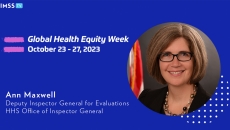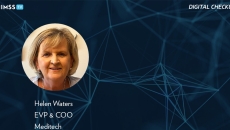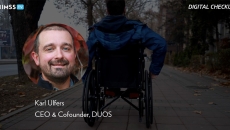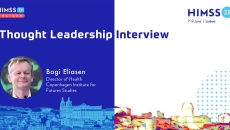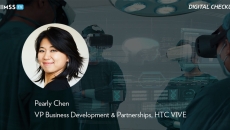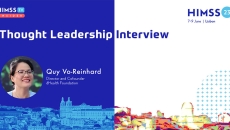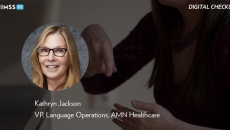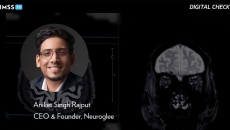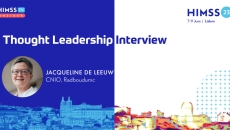HIMSS TV
The U.S. Department of Health and Human Services Office of the Inspector General recommends Medicare develop its own source for race and ethnicity data collection in the Medicare population, says Ann Maxwell, HHS-OIG deputy inspector general for evaluations.
The ability to have AI in the EHR must have the goal of incorporation into daily workflows, says Meditech COO Helen Waters.
Large language models help leverage the social determinants of health for better care navigation, says Karl Ulfers, cofounder and CEO of DUOS.
Having individuals connected by one identifier is good for information sharing and for attracting the private-public partnerships that are essential to moving forward, says Bogi Eliasen, director of health at the Copenhagen Institute for Futures Studies.
High efficacy, less time, higher cost-savings and better care outcomes for patients when using XR training were the results of a recent report, according to Pearly Chen, VP of business development and partnerships at HTC VIVE.
Quy Vo-Reinhard, dHealth Foundation director and cofounder, said a focus on education is critical to address key challenges such as interoperability, secure health records and blockchain-enabled EHRs.
Sign language interpreters can prep providers prior to appointments on cultural differences that impact health equity, says Kathryn Jackson, VP of language operations at AMN Healthcare.
Neuroglee's cognitive care at home technology helps patients get the right care plan, says founder and CEO Aniket Singh Rajput.
TEFCA implementation and FHIR standards need to address effectiveness and expense issues, say FAST cochairs Deepak Sadagopan and Duncan Weatherston.
Jacqueline de Leeuw, CNIO at Radboud University Medical Centre, said that during the process of achieving HIMSS EMRAM Stage 7 certification her organization was challenged to become better digitized.
